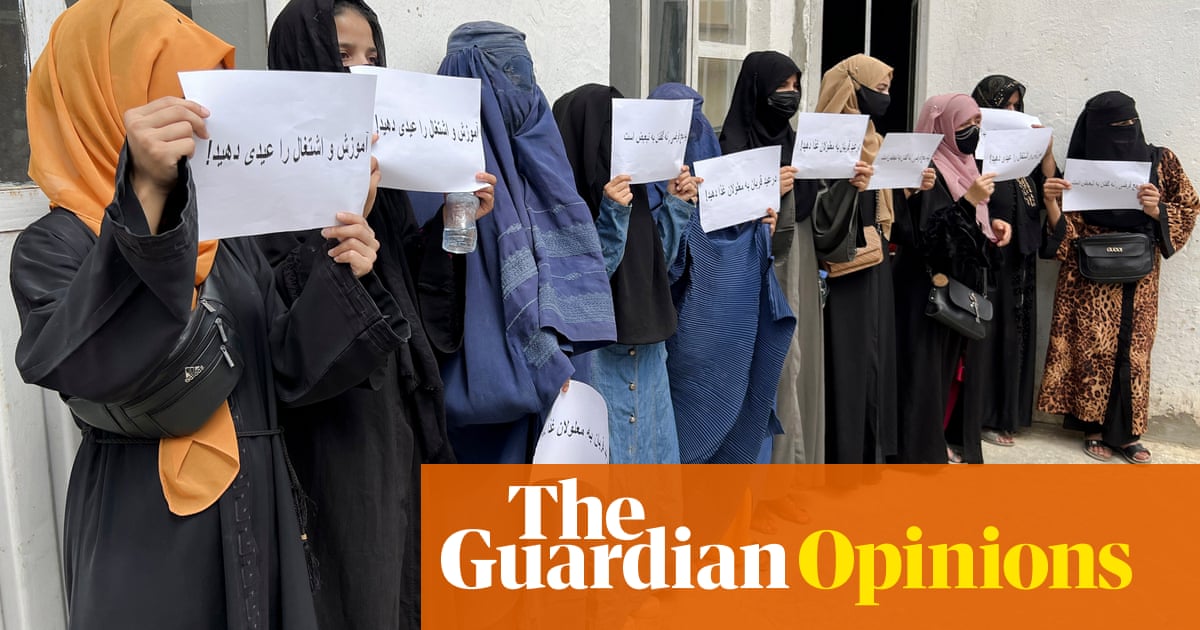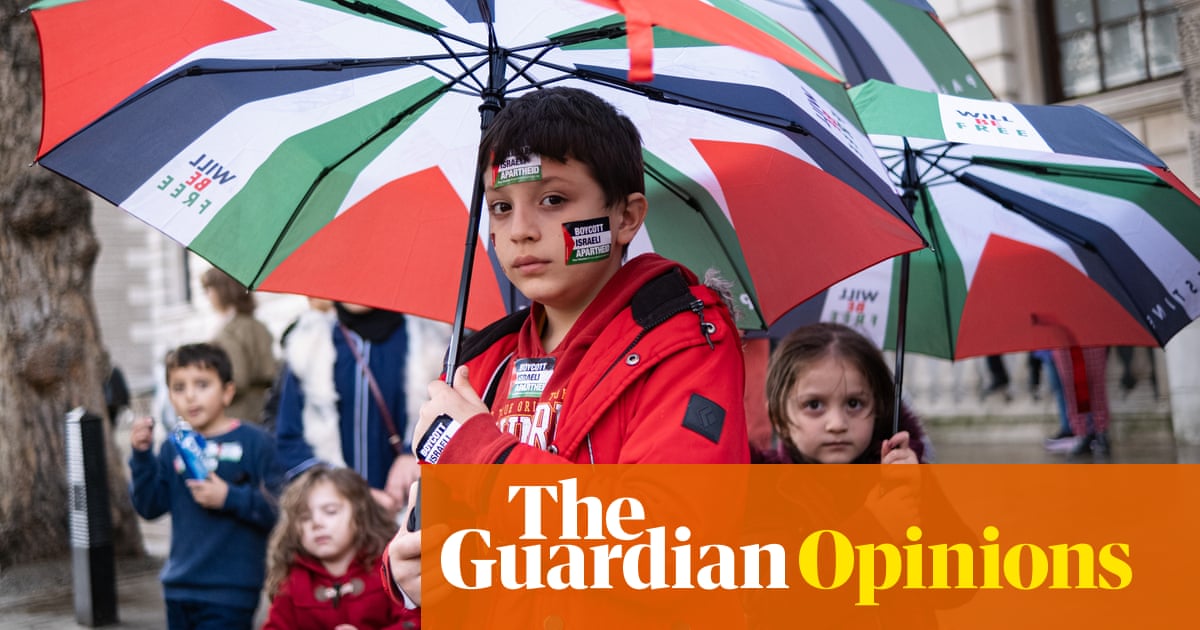
There is a habitual complaint, by almost anyone of an older generation, that today’s youth is not as committed to the common cause as those who came before them. The young people of today are accused of being self-centered and far too carefree, mainly interested in enjoying the good life, spending too much time on social media and indulging in excessive consumerism. According to this view, engaging with social and political issues that affect their future and that of society generally, and becoming responsible and engaged global citizens, is less of a priority for them. This is, of course, a caricature of the young people of today, who are actually having a harder time than several generations of their predecessors.
When a group of young people do take up an honorable cause, such as bringing an end to America’s epidemic of mass shootings, they are viciously attacked and mocked. The trolling they have been subjected to beggars belief. Only those with hearts of stone could not be moved by the dignified reaction of the survivors of the shooting at Florida’s Parkland High School. There may be differences of opinion on gun control, and the tragedy these teenagers witnessed doesn’t automatically make their views correct, but nevertheless their harrowing experience of witnessing first-hand the terrible consequences of the unbearable and insane ease of availability of firearms in the US must carry some special weight in this debate.
The world needs many more like Gonzalez, Malala Yousafzai and Muzoon Almellehan to lead and promote causes that will inspire millions of others to set youth-friendly agendas
Yossi Mekelberg
It might be the case that this has been one massacre too many, to which teenagers, on the doorstep to adulthood, could no longer remain indifferent. We may well be witnessing one of those eureka moments in which these young people have not only found their voice, but also discovered that this voice can be a powerful force for change. In America, it is gun control that has galvanized the new generation and given them a cause and a sense of purpose. However, we should now be nourishing the hope that their movement will in turn inspire and empower young people across the globe to rise up wherever they are getting a bad deal from society.
The “March for Our Lives” in Washington and its 800 sister marches across the world, organized by survivors of the mass shootings, will be remembered for many years to come, not least because of the leadership demonstrated by young people in advancing such a noble cause. They were typified by survivors like Emma Gonzalez with her moving speech and her six minutes’ silence (representing the duration of the massacre); Cameron Kasky, who urged the youth “to create a better world for generations to come;” and Samantha Fuentes, who sang “Happy Birthday” for her slain friend Nicholas Dworet, who would have turned 18 on the day of the march. All those who spoke made the public both at home and abroad aware that, with their eloquence, sensitivity, thoughtfulness and organizational skills, they are a force to be reckoned with. And especially so when we bear in mind that gun control is predicted to be a deciding issue for those young people who will be eligible to vote come this year’s midterm elections.
Obviously the challenges for youth vary in different parts of the world, but the sense of insecurity and not being masters of their own destiny is disturbingly common, and is a harbinger of future social and political instability. In the less developed world, in places ravaged by wars, extreme poverty and bad governance, the challenges are of sheer existence, compared with the more affluent and developed regions, where in many cases basic necessities are guaranteed. In the US, young people end their education hugely in debt, and facing either unemployment or underpaid jobs that belittle their qualifications. Inner cities are ravaged by crime and violence, and youth are its main victims. This is a generation that doesn’t enjoy the security that previous generations did, nor the sense that their endeavors could ensure their future.
This is exactly why these youngsters need a voice — an authentic and eloquent one that represents them thoughtfully, assertively and courageously. The world needs many more like Gonzalez, Malala Yousafzai and Muzoon Almellehan to lead and promote causes that will inspire millions of others to set youth-friendly agendas and, in so doing, stand up to those who not only dismiss them but also try to silence them. For this they need to stay united, and keep marching.
• Yossi Mekelberg is professor of international relations at Regent’s University London.
Twitter: @YMekelberg












